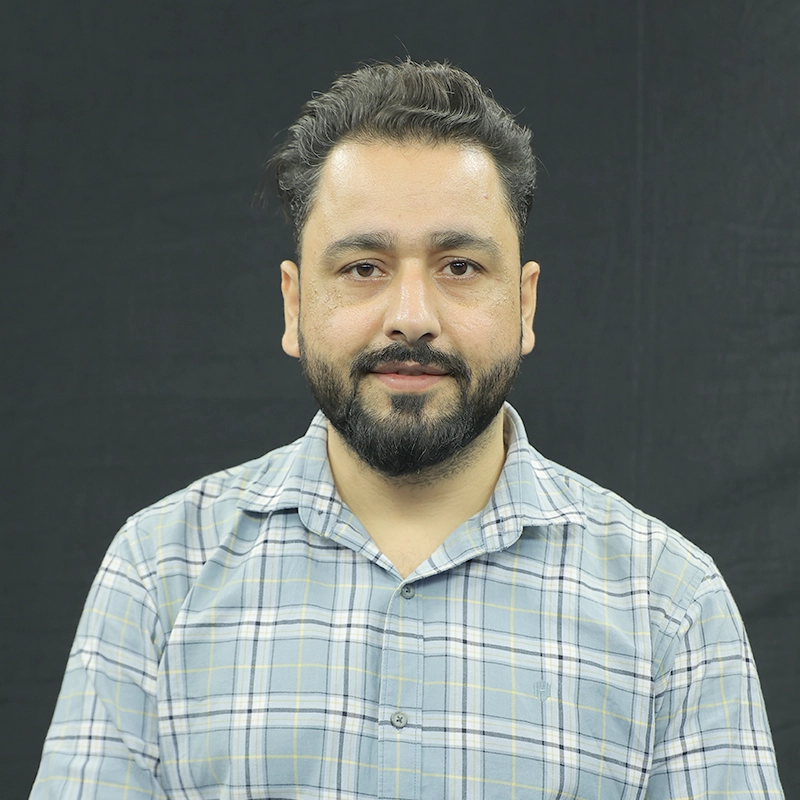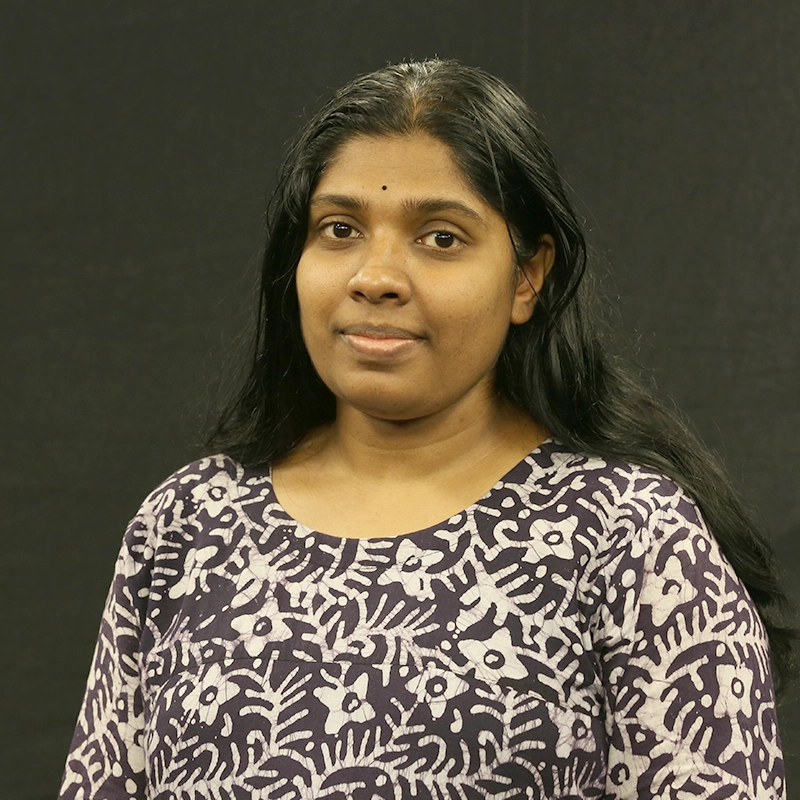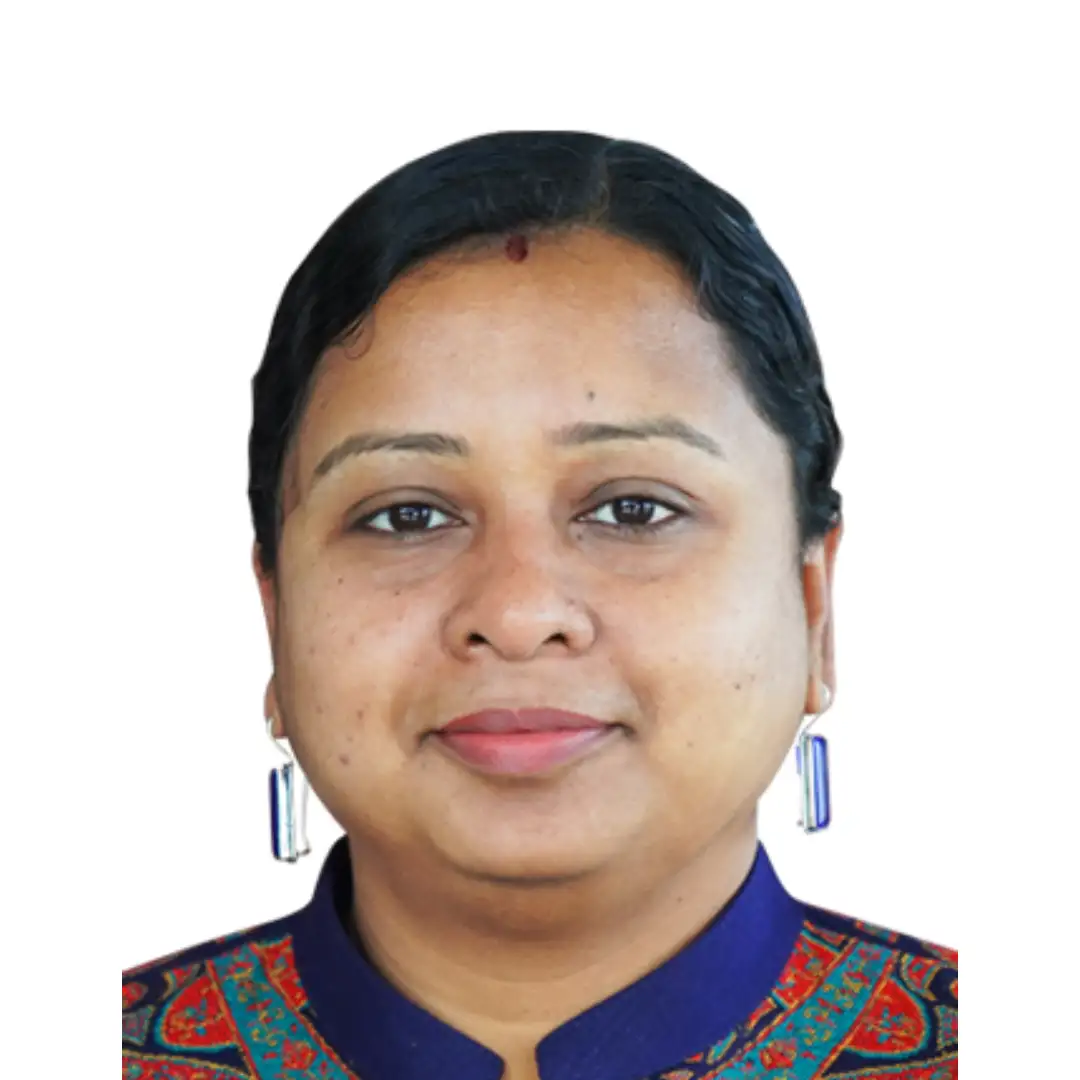World Mental Health Day Special Edition Exploring Mental Health through Research and Resilience
“As the world observes World Mental Health Day on 10 October 2025, Jindal Institute of Behavioural Sciences (JIBS) celebrates its commitment to advancing research that deepens our understanding of mental health, resilience & psychosocial wellbeing across diverse contexts. This month’s bulletin highlights the recent scholarly contributions of our faculty members whose work continues to illuminate the intersections of trauma, dignity, education & growth.”
Fayaz, I., & Khanna, P. (2025). Understanding Posttraumatic Growth in Conflict-Affected Children and Adolescents: A Systematic Scoping Review. Journal of Evidence-Based Social Work, 1–21. https://doi.org/10.1080/26408066.2025.2510277
The United Nations High Commissioner for Refugees reports that armed conflicts burden children, comprising nearly half of the population in most war and conflict regions. Despite experiencing trauma from exposure to armed conflict, some children experience positive psychological change as well. This study aims to systematically review existing literature to explore the factors that promote posttraumatic growth in children and adolescents exposed to armed conflict. The systematic scoping review followed five consecutive steps specified in the Arksey and O’Malley framework. Exploring six databases, PubMed, Science Direct, ProQuest, Scopus, Cochrane, and Web of Science, the authors identified and assessed 51 articles, of which seven satisfied the inclusion criteria. The review findings suggest that the mean prevalence of posttraumatic growth in children and adolescents exposed to armed conflict ranges from 2.50 to 81.84 as per the posttraumatic growth inventory total scores (using the Posttraumatic Growth Inventory), with possible scores ranging from 0 to 105. Demographic factors and posttraumatic stress, religious and cultural practices, and social support were suggested to be associated with posttraumatic growth.
 |
Dr. Aasim Ur Rehman GanieAssistant Professor |
Paul, F. A., Bhat, N., Dar, D. R., Ganie, A. U. R., Zargar, W. A., Ali, A., … Choudhary, G. (2025). Psychosocial impact of the COVID-19 pandemic on the de-ritualization of death, grief, and prolonged sorrow among Kashmiri Muslims: A comprehensive narrative review. Mental Health, Religion & Culture, 27 (8). pp. 787-802.
COVID-19 has changed the way people grieve the loss of their loved ones. Lockdown and social isolation have made it difficult for them to express their grief and connect with others emotionally. Religious beliefs and attitudes towards health recommendations influence the viewpoints of people from various religious backgrounds. The Islamic traditions are the source of Islamic law’s prohibitions on death, yet Muslims across the world observe a range of death ceremonies and traditions. This review article highlights the death rituals, grief, and mourning within the Kashmiri Muslim community amidst the COVID-19 pandemic.
Ahmad Paul, F., Ganie, A. U. R., Ali, A., Saikia, P., Zargar, W. A., Subudhi, C., & Bhat, N. (2025). Crisis and mental health: addressing psychological trauma in a multi-hazardous region of Middle East. Medicine, Conflict and Survival, 1–8.
This commentary highlights the severe psychological and humanitarian toll of the ongoing conflict in Gaza. On 7 October 2023, a large-scale ground operation, accompanied by bombardments and airstrikes, began in the conflict zone. By December 2024, the conflict had resulted in a staggering humanitarian crisis with a death toll reaching 46,000, with over 107,000 injured. This figure includes 23,843 deaths reported in 2024 alone. The Ministry of Health in the Gaza Strip reports that thousands remain buried under debris or remain unaccounted for. The authors emphasise that such multi-hazardous environments marked by violence, infrastructure destruction, resource scarcity, and targeted attacks on healthcare create conditions of extreme psychological trauma for the civilian population. 94% of all health facilities are either damaged or destroyed, calling for urgent, coordinated interventions integrating humanitarian aid, mental health services and psychosocial support tailored to the cultural context.
 |
Dr. Soumya Thankam VargheseAssistant Professor |
Varghese, S. T., & Vineetha, K. J. (2025) Resilience amidst adversity: Exploration of undergraduate students post-covid-19 experiences in Kerala. In: Mental, Emotional, and Behavioural Health Needs of Specific Populations following COVID-19 in India. Taylor and Francis, pp. 61-79.
This research probes into the resilience exhibited by undergraduate students in Kerala aftermath COVID-19 pandemic. Employing the Resilience Assessment Questionnaire developed by Derek Mowbray, the study precisely examines the coping mechanisms adopted by these students. Whether young or mature, urban or rural, students exhibited similar levels of resilience. Instead, their academic progress and persistence played a pivotal role. In conclusion, this research sheds light on the resilience mechanisms employed by Kerala’s undergraduate students, emphasising the importance of fostering a robust support network to enhance their ability to adapt and thrive in challenging circumstances.
 |
Dr. Amrita RoyAssistant Professor |
Roy, A. (2024), "Higher education for students with mental health conditions: the policy and legislative support in India", Mental Health and Social Inclusion, Vol. ahead-of-print No. ahead-of-print. https://doi.org/10.1108/MHSI-08-2024-0131
This study is a “document analysis” of all policies, legislation, schemes and guidelines that impact the higher education of students with special needs (SwMHC) to recognize the existing provisions that are likely to impact the higher educational outcomes for SwMHC. By examining policies and legislation spanning macro to micro leves, the study identifies existing provisions and evaluates their efficacy in ensuring equitable educational opportunities. Findings indicate that issues of access, accommodation, equity, inclusion, and financial support are substantially addressed through key frameworks such as the Rights of Persons with Disabilities Act (RPDA) 2016 and the National Education Policy (NEP) 2020. The RPDA provides the legislative foundation for inclusive higher education, while the NEP outlines strategies to promote diversity and equity. The University Grants Commission (UGC) emerges as a pivotal stakeholder in operationalising these provisions through policy formulation and monitoring.
Faculty Coordinator: Ms. Bhavya Tandon Assistant Professor, JIBS